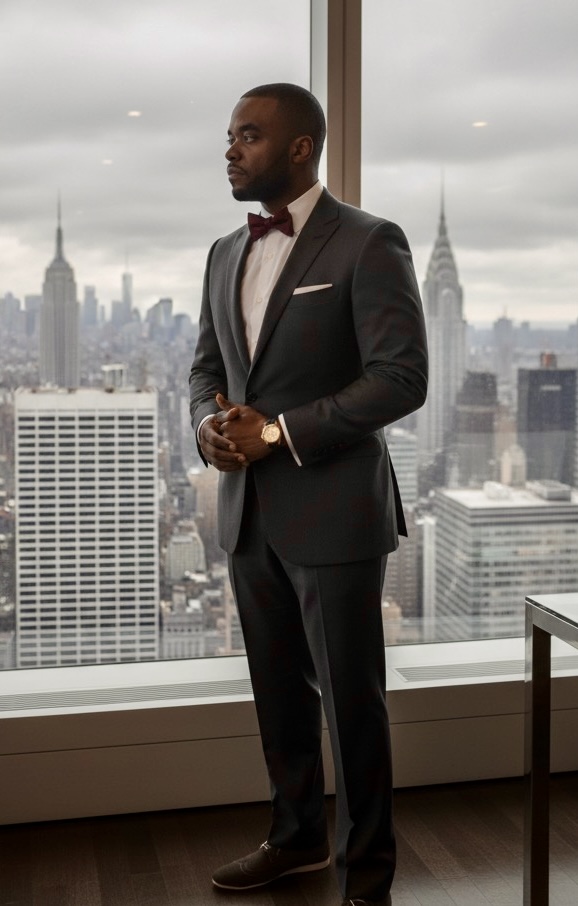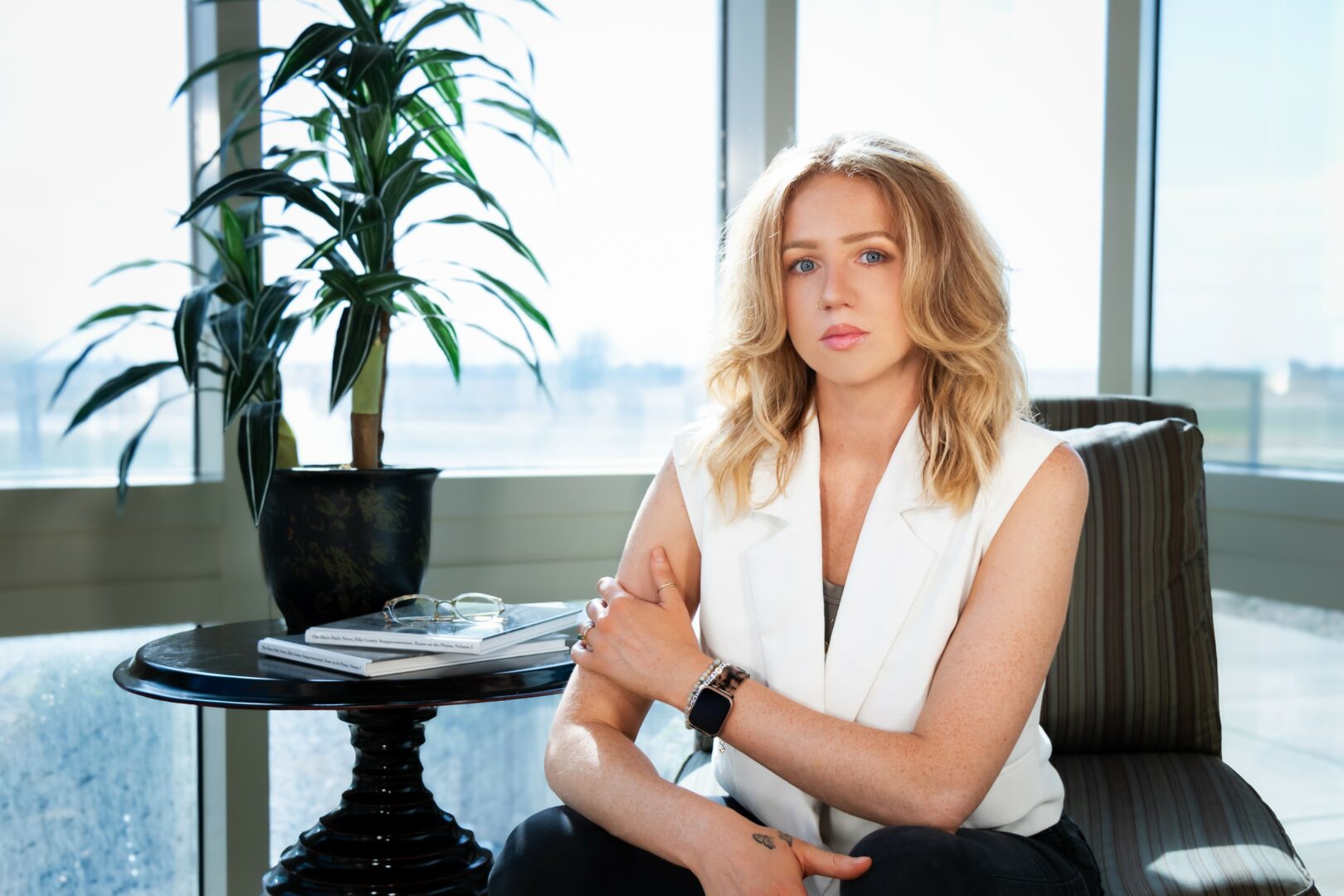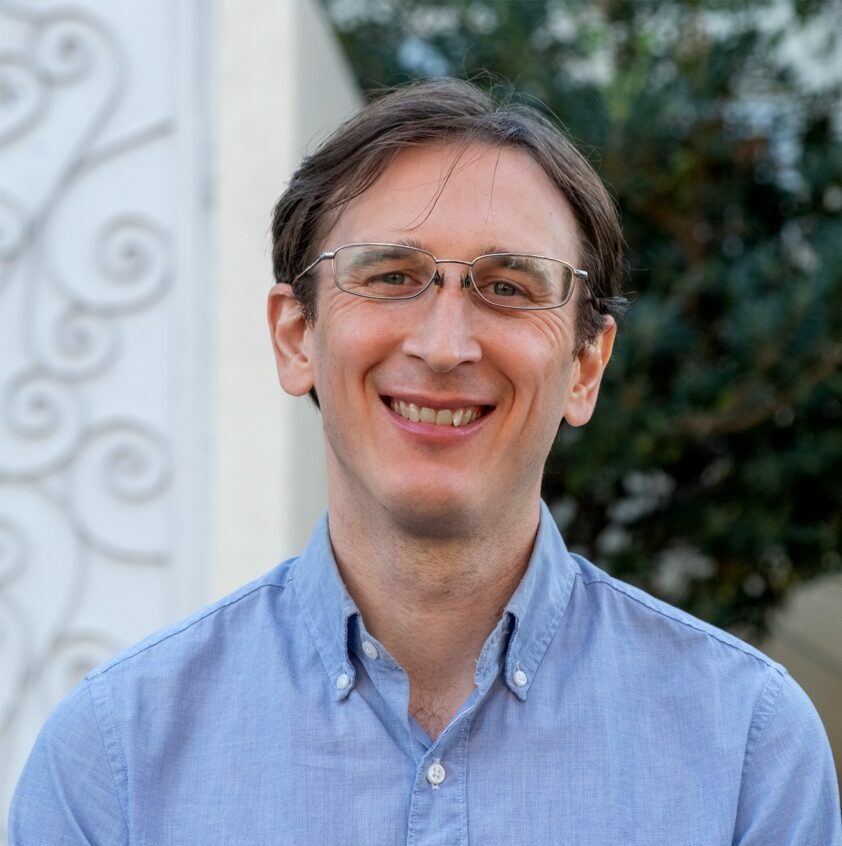We recently connected with T.M Jefferson and have shared our conversation below.
Hi T.M , appreciate you sitting with us today to share your wisdom with our readers. So, let’s start with resilience – where do you get your resilience from?
My resilience was born in a place most people never want to talk about. I didn’t get it from motivational quotes or morning routines. Mine came from sitting in a cell, realizing nobody was coming to save me, and understanding that if I didn’t rebuild myself from the inside out, I’d get swallowed whole by a system designed to keep me in rotation.
Writing was the first rope I ever threw myself. Not for art. For survival. I wrote because it was the only space where I had control. Over time, those pages stopped being a hiding place and became a mirror. And that mirror forced me to admit the truth about my choices, my patterns, my anger, my potential and the fact that I could no longer live as the person I had been.
That’s where the foundation of my resilience came from. I learned how to bend without breaking because breaking wasn’t an option. I built new habits because the old ones had already proven what they would lead to. And I never forgot how it felt to be underestimated, overlooked and counted out.
Everything I do now comes from that turning point. Change The Game isn’t just a program. It’s the system I wish I had at fifteen, eighteen, twenty-one. The identity work. The emotional regulation. The accountability. The structure. I created what I needed and turned it into something youth can hold in their hands.
My resilience is rooted in the understanding that struggle doesn’t disqualify you. Staying stuck does. And I refuse to stay stuck. I teach young people how to do the same because resilience isn’t a personality trait. It’s a skill set you build when you’re tired of losing your own life.
That’s where my resilience comes from. From the decision that I would never let my past define me more than my work does. And every time I see a young person break through with CTG, it reminds me why I had to develop that resilience in the first place.

Appreciate the insights and wisdom. Before we dig deeper and ask you about the skills that matter and more, maybe you can tell our readers about yourself?
I create systems that help people rewrite their lives. Everything I do sits at the intersection of storytelling, identity work, and survival. My main focus right now is the Change The Game Educational Program, a behavioral and identity development system for youth built around guided writing, reflection, emotional regulation and accountability. It’s not theory. It’s a framework I built from lived experience and refined through education, research, and real world testing.
What makes my work exciting is that it actually gets people moving. It gives youth the structure to see themselves clearly, understand their patterns, and make choices that don’t lead them back into the same cycles. CTG feels different from traditional youth programming because it’s not built from a distance. It speaks in a voice young people recognize. It’s built to be used, written in, engaged with, lived through.
I’m a writer at my core. My memoir Change The Game laid the foundation. My crime thriller MWUAJI shows the other side of my craft. My nonfiction book Master The Game deals with strategy, discipline and mental structure. All of it feeds into the larger vision: helping people understand the power of their own story and how to take control of their identity.
This year has been a season of expansion. I launched the CTG Special Edition of The Buzz Magazine to highlight the work and the impact. I’ve been building partnerships with courts, youth detention centers, libraries and reentry programs. My 6-City CTG Tour is underway with community fundraising, workbook donations, and a growing network of educators and organizations supporting the mission.
The most important thing I want people to know is that this isn’t a brand. It’s a mission. It’s a long game. And right now I’m focused on scaling CTG in a way that stays true to its purpose and reaches the youth who need it most.

Looking back, what do you think were the three qualities, skills, or areas of knowledge that were most impactful in your journey? What advice do you have for folks who are early in their journey in terms of how they can best develop or improve on these?
The three qualities that pushed my journey forward were self-honesty, discipline and the ability to learn fast under pressure.
Self-honesty was the anchor. I couldn’t change anything until I was willing to stop lying to myself about who I was, what I was doing and where my choices were taking me. A lot of people are stuck because they avoid that mirror. My life shifted when I stopped running from the truth and started using it as fuel.
Discipline was the structure. I didn’t have resources, connections or a perfect setup. I had routines. Daily writing, reading, studying, breaking my habits down to the studs and rebuilding myself piece by piece. Consistency became the thing that separated me from the version of me that wasn’t going to make it.
The third one was adaptive learning. Every room I walked into, I paid attention. Every setback taught me something. When you grow up in survival mode, you learn quickly. I just redirected that same skill toward growth instead of chaos. That ability to study patterns, adjust and move differently is what allowed me to create the CTG Program and turn lived experience into a framework for transformation.
For anyone early in their journey, my advice is simple. Tell yourself the truth, even when it burns. Build discipline before you need it. And treat every environment like a classroom because the world is always teaching you something if you’re willing to pay attention.
Everything else grows from those three.

Okay, so before we go we always love to ask if you are looking for folks to partner or collaborate with?
I’m open to collaborating, but I’m selective. I’m looking for people and organizations who are serious about impact, not optics. The CTG Educational Program isn’t a feel-good project. It’s structured work rooted in lived experience, behavioral change and real outcomes for youth who don’t need more speeches, they need tools.
The right partners are schools, juvenile courts, detention centers, libraries, reentry programs and community organizations that want to offer their youth something more than punishment or lectures. I’m also open to working with educators, program directors and innovators who understand how powerful storytelling and identity work can be when it’s done with intention.
If someone reading this wants to collaborate, the door is simple: go to ctgpro.org and contact me directly. If what you’re building aligns with real growth, accountability and transformation for young people, we can talk. If not, I’m not the right fit.
I’m here to do the work that actually changes lives. Everything else is noise.
Contact Info:
- Website: https://www.ctgpro.org
- Instagram: tmjefferson914
- Facebook: Tremayne Jefferson
- Linkedin: T.M Jefferson




so if you or someone you know deserves recognition please let us know here.




